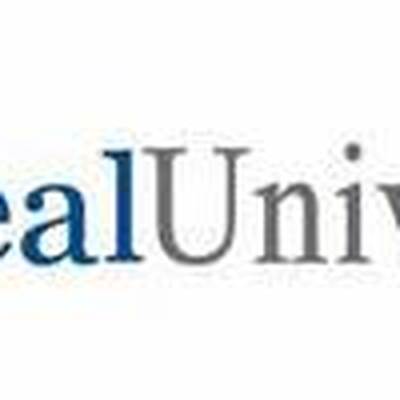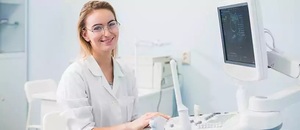How to become a healthcare science professional?
منشور من طرف beal University
الجسم
If you dream of helping others and making a difference in healthcare, becoming a healthcare science professional might be just for you! In this guide, we'll explore the steps to kickstart your journey in the healthcare field with different Healthcare Sciences Programs.
1. Understanding Healthcare Sciences:
Healthcare sciences cover a wide range of jobs that help keep people healthy. These jobs include medical assistants, health information specialists, and more. To get started, let's look at the educational paths available.


2. Starting with an Associate’s Degree:
An Associate’s Degree is a great way to begin your journey in healthcare sciences. It's like the first stepping stone. You can choose programs like Health Information Technology or Medical Administrative Specialist. These programs usually take about two years to complete, and you'll learn the basics of healthcare and gain practical skills.
3. Advancing with a Bachelor’s Degree:
If you're ready for more in-depth knowledge and better job opportunities, consider pursuing a Bachelor’s Degree. You can choose a Bachelor of Science in Biomedical Science or a Health Information Management Bachelor’s Degree. These programs typically take around four years, but the extra time and effort can open doors to higher-paying positions.
4. Associate’s Degree Options:
- Health Information Technology: This program focuses on managing health information. You'll learn about electronic health records and how to keep patient information secure.
- Medical Administrative Specialist: As a specialist, you'll be the go-to person for managing office tasks in a healthcare setting. This program covers administrative skills tailored to the medical field.
- Medical Assisting: A diploma in Medical Assisting provides hands-on training for tasks like taking vitals, drawing blood, and assisting doctors during exams.
5. Bachelor’s Degree Options:
- Bachelor of Science in Biomedical Science: This program dives deep into the science behind medicine. You'll study topics like anatomy, physiology, and research methods, preparing you for roles in laboratories or research.
- Health Information Management: If you're interested in organizing and securing health data, this program is for you. You'll learn about data analysis, health information systems, and compliance with healthcare laws.


6. Choosing the Right Path for You:
Deciding between an Associate’s or a Bachelor’s Degree depends on your goals and timeline. If you want to start working sooner, an Associate’s Degree may be the right choice. If you aim for higher positions and more specialization, a Bachelor’s Degree might be the best fit.
7. The Importance of Practical Experience:
No matter which path you choose, gaining hands-on experience is crucial. Look for programs that offer internships, externships, or practical training. Real-world experience makes you more confident and attractive to employers.
8. Certifications:
Some healthcare science professions require certifications. These are additional credentials that show you have specific skills. For example, medical assistants can get certified through organizations like the American Association of Medical Assistants (AAMA). Check the requirements for your chosen field and consider getting certified to boost your career.
9. Networking and Building Connections:
Connect with people in the healthcare field. Attend job fairs, join online groups, and participate in community events. Networking can open doors to job opportunities, mentorship, and valuable advice.
10. Job Search and Interview Preparation:
When you're ready to enter the job market, prepare a professional resume and practice your interview skills. Highlight your education, experience, and any certifications you've earned. Be confident and show your passion for helping others.
Conclusion:
Becoming a healthcare science professional is an exciting journey filled with learning and the opportunity to make a positive impact on people's lives. Whether you start with an Associate’s Degree or go for a Bachelor’s, the key is to stay dedicated, gain practical experience, and never stop learning. Your rewarding career in healthcare sciences awaits!












تعليقات